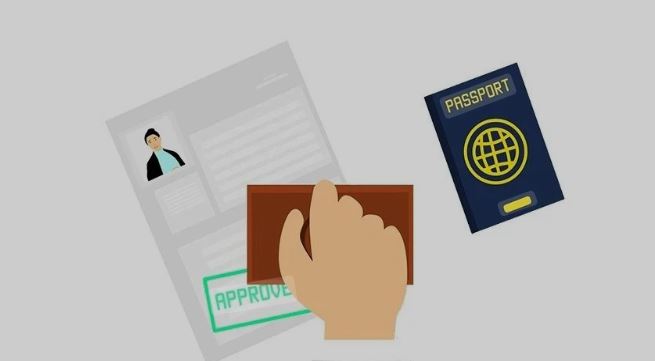Despite China's implementation of a visa-free travel policy, Russian tourists are reportedly facing difficulties due to the presence of Turkish stamps in their passports.
Russian tourists are occasionally encountering issues at the border, notwithstanding the "30-day visa-free stay in China" policy launched on September 15. According to a report by "Business FM," a Russian tourist was denied entry into China because of an entry-exit stamp from Turkey in their passport.
Based on a report from the "TürkRus" website, Chinese authorities were already known to have previously turned back Russian citizens who had stayed in Turkey for more than 28 days, attributed to tense relations between Beijing and Ankara. However, in the recent incident, despite the tourist's short stay in Turkey, the pretext given was that the date on the stamp was "blurry."
Representatives from the tourism industry emphasize that this is not yet a widespread situation and that there is no need for panic.
Sergey Sedov, the owner of the "Go China" travel agency, stated that since China's transition to a visa-free system is recent, sufficient statistical data has not yet been collected. He expressed that such an issue has not been observed among his own clients. Sedov noted: "Approximately one in every two Russian tourists has a Turkish stamp in their passport. It is also common for stamps to be illegible. Therefore, I view this as an isolated case and do not believe a large-scale refusal of entry at the border is likely."
However, travel agencies have pointed out that it is not new for those who have stayed in Turkey for a long period to face difficulties entering China. It is known that even before the visa-free policy was implemented, Chinese consulates required additional materials to prove the duration of one's stay in Turkey, such as plane tickets, photos taken at the airport, and even photos of the person holding a newspaper with that day's date. Experts state that it will take a few months to observe how this new policy will be implemented in practice, but they do not anticipate a comprehensive ban being enforced.

